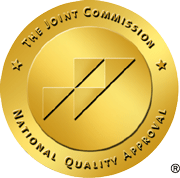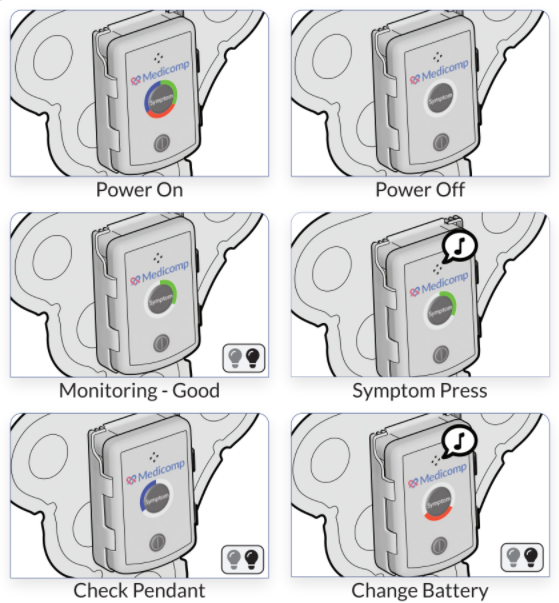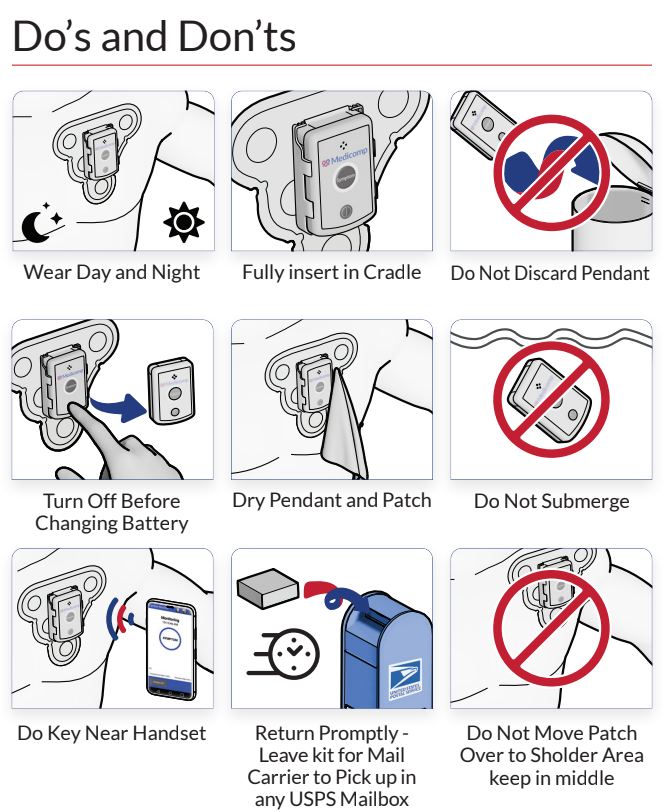Pollution became a major problem with the Industrial Revolution and remained a serious problem. A problem so serious that the Clean Air Act of 1970 was revised in 1977 and 1990. With this act, the Environmental Protection Agency set air quality standards for six common pollutants in order to improve the health and well-being of U.S. citizens. Initially, there was concern over lung diseases and impairments, but in recent years, it has been found that pollution also has inflammatory effects on the heart which leads to chronic cardiovascular issues. ReactDx, leaders in ECG monitoring, is sharing the results of a new 2016 study that points to pollution as the early “seed” of cardiovascular disease.
Researchers are particularly interested in, “pollution particles smaller than 2.5 microns which are usually related to fuel combustion.” These small particles are referred to as PM 2.5. High levels of PM 2.5 cause the air to appear hazy and lead to reduced visibility. Exposure to PM 2.5, even when levels are low, caused the immune cells to be changed due to inflammation. This led to an increase in debris in the bloodstream made up of dead endothelial cells, which line the walls of the blood vessels.
When a study was performed on healthy young adults with no sign of heart disease, the results showed that fine particulate pollution plays a part in initiating cardiovascular problems. The particles are so tiny that they are not easily screened for and enter the body more easily. The blood vessels around the heart as well as the lungs become irritated, and, over time, this aggravates arteries and leads to further development of disease within arteries. This led to the American Heart Association issuing a statement in 2004 and again in 2010 which states that air pollution exposure does indeed contribute to cardiovascular mortality and illness.
However, most patients don’t suspect heart disease when they first talk to their doctor about symptoms that include shortness of breath, dizziness, or rapid and irregular heartbeats. An ECG monitor is most often used to identify any heart abnormalities. An ECG monitor records the electrical activity of the heart while a person continues their usual activities. There is no need to spend hours away from the office or family, especially when only certain activities trigger ECG monitor events, such as abnormal heartbeats during strenuous activities or while sleeping.
If you or a patient are concerned that symptoms presented may be caused by heart disease, contact ReactDx today at 800-234-3278 (800-23-HEART) to speak with a consultant about ECG monitoring. Continue reading our blogs for more information on the latest cardiovascular studies, technology, and news.



